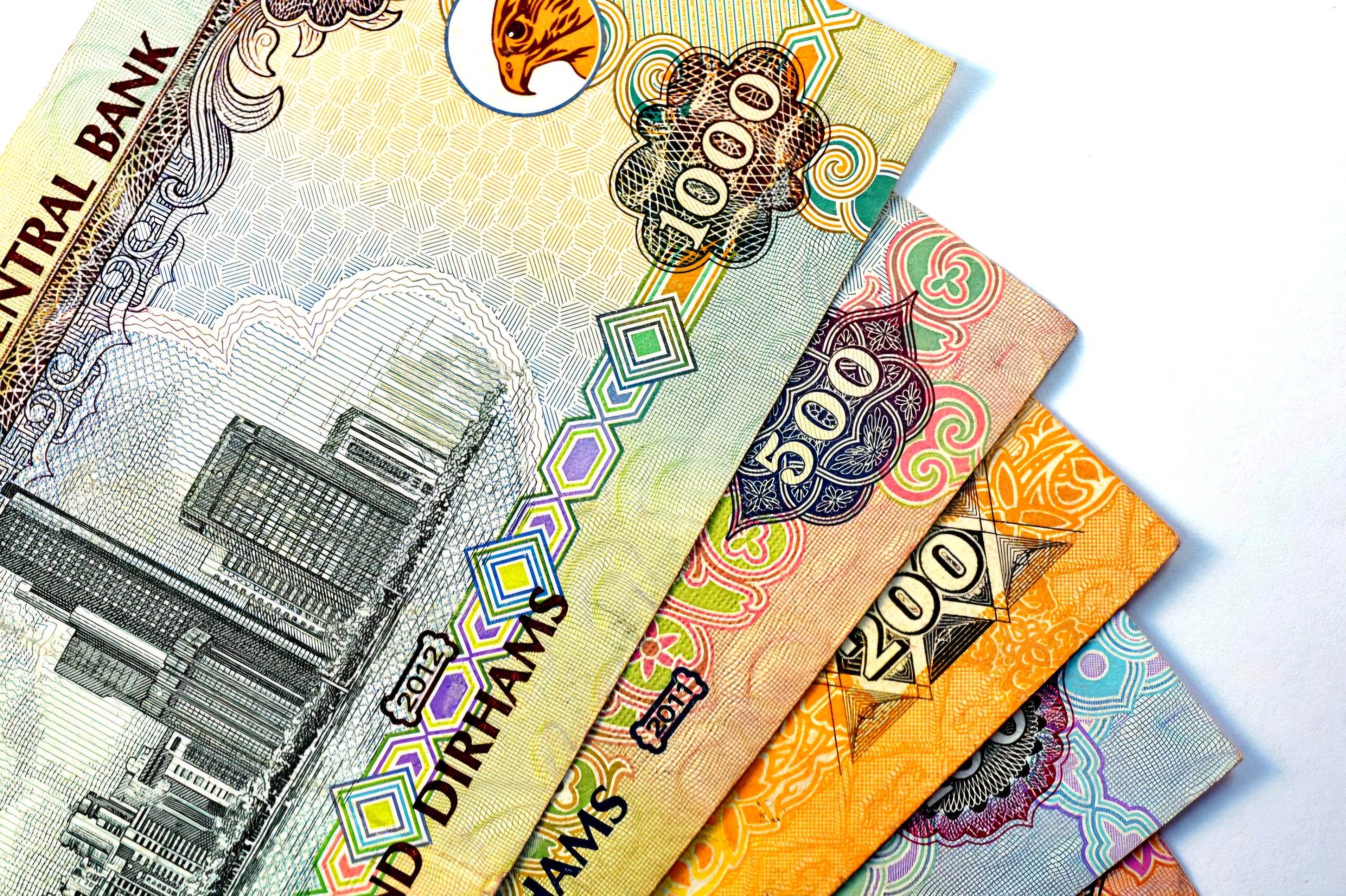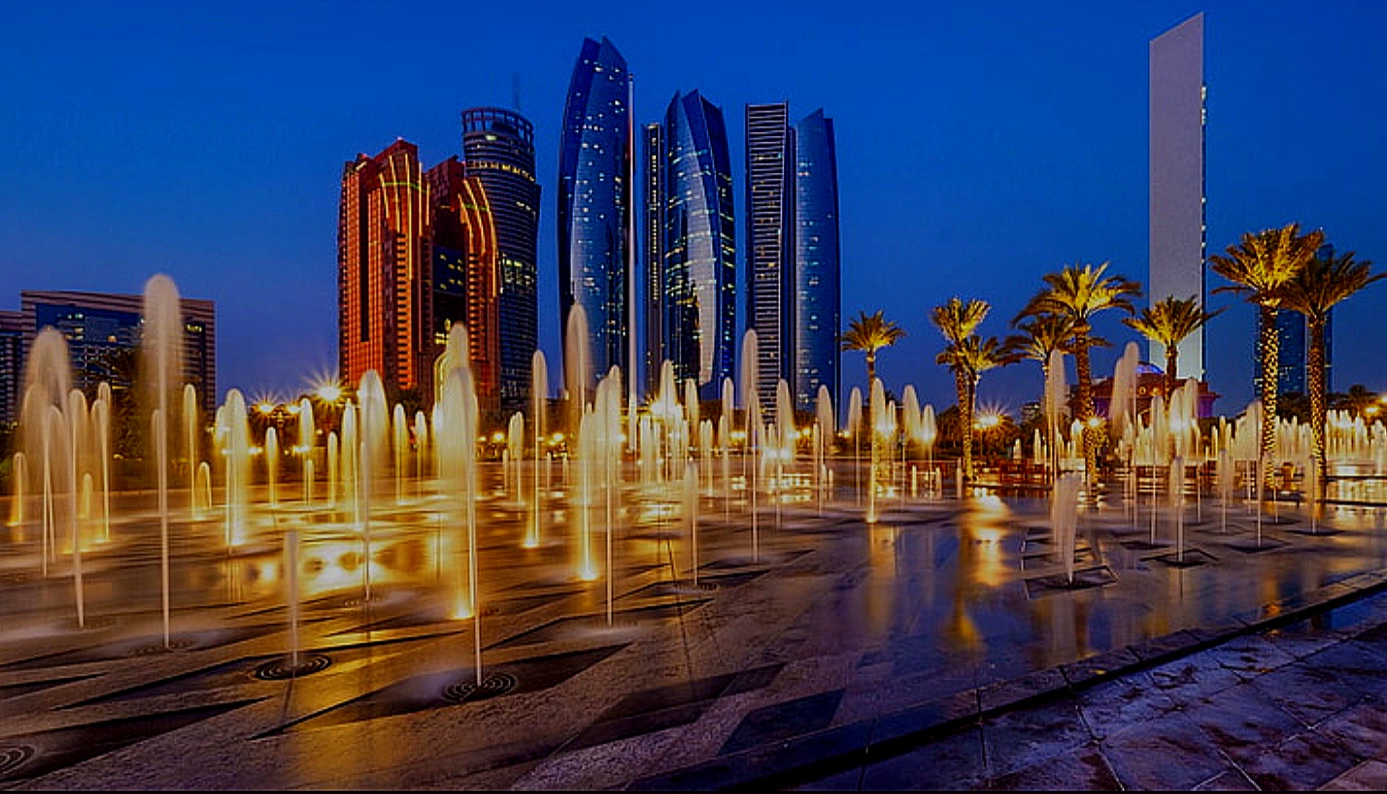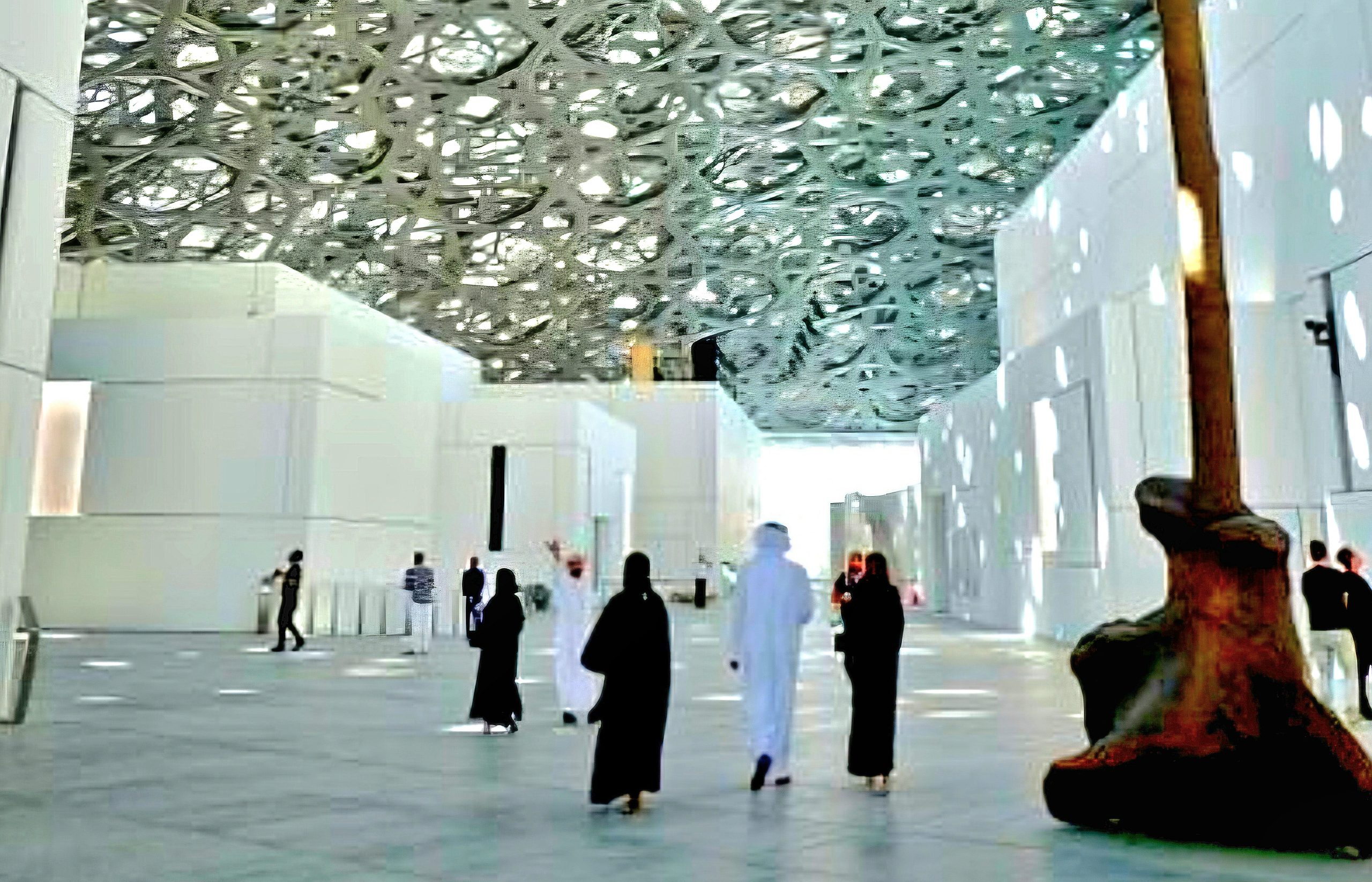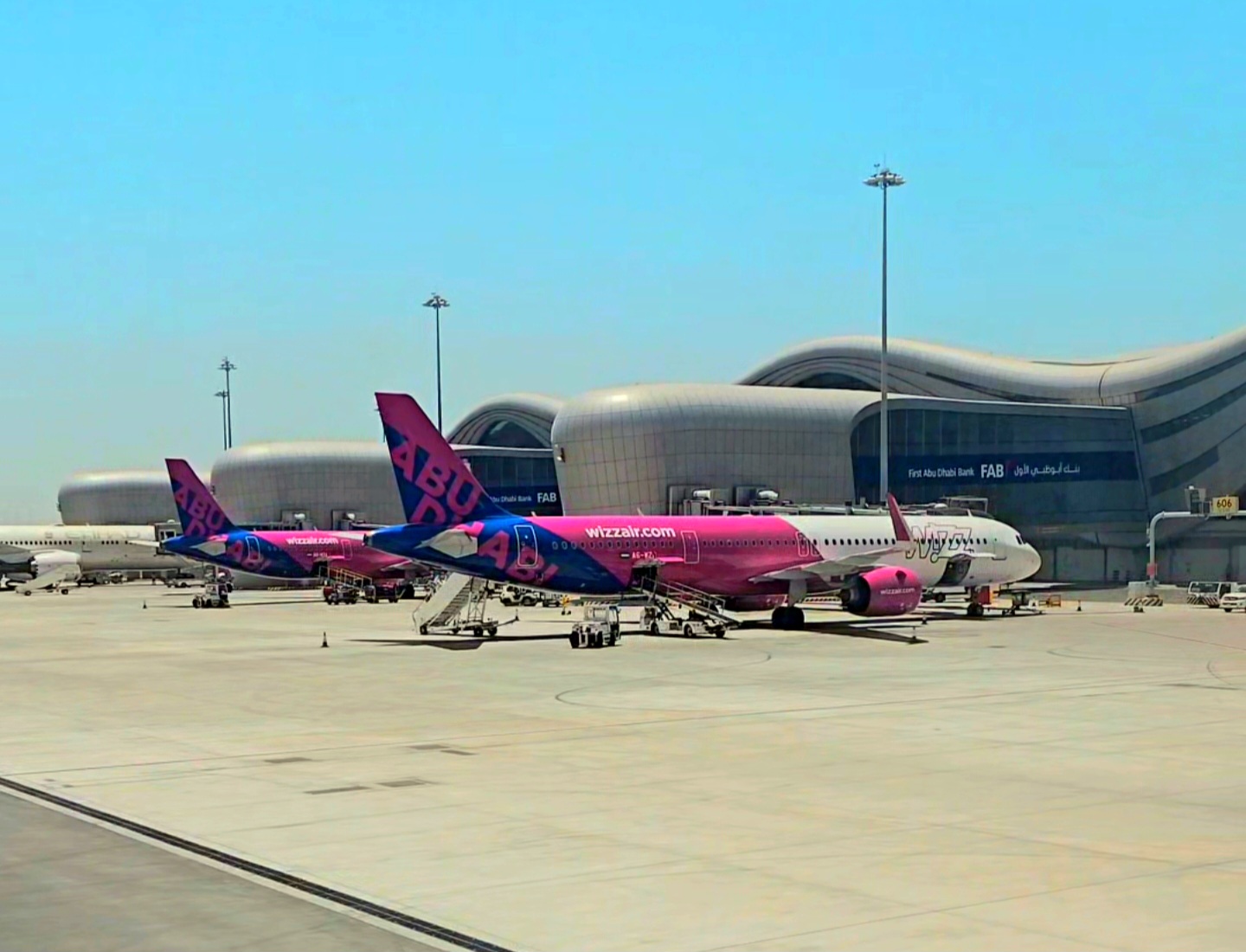As the capital of the United Arab Emirates, Abu Dhabi is not only a political hub but also a cultural and economic center. The city is known for its luxurious lifestyle, modern infrastructure, and diverse expat population. However, with these attractions comes a cost. The cost of living in Abu Dhabi has been a topic of interest for both new and existing residents, particularly as the city continues to evolve. In 2024, living expenses in Abu Dhabi reflect a blend of high-end amenities and the need for prudent financial planning. This article aims to provide an in-depth look into the various aspects that contribute to the cost of living in Abu Dhabi, helping residents and potential newcomers make informed decisions.
1. Housing Costs
Housing is one of the most significant expenses for residents in Abu Dhabi. The city offers a wide range of accommodation options, from luxurious villas to affordable apartments. The choice of neighborhood greatly impacts rental prices.
- High-End Areas: Areas like Saadiyat Island, Al Raha Beach, and the Corniche are known for their luxury villas and apartments, often attracting high rental prices ranging from AED 150,000 to AED 300,000 per year for a two-bedroom apartment.
- Mid-Range Options: Mid-range areas such as Al Reem Island, Khalifa City, and Al Muroor offer more affordable housing, with rents ranging from AED 90,000 to AED 150,000 per year for similar-sized apartments.
- Affordable Housing: For those looking for budget-friendly options, Mussafah and Mohamed Bin Zayed City provide lower-cost housing, with rents starting from AED 50,000 per year for a two-bedroom apartment.
The trend in 2024 indicates a slight increase in rents due to high demand, especially in areas closer to the city center.
2. Transportation
Abu Dhabi’s transportation system is well-developed, with options ranging from public buses to taxis and personal vehicles. The cost of transportation can vary significantly depending on the mode chosen.
- Public Transport: The Abu Dhabi Department of Transport (DoT) continues to improve its bus services, making public transportation an affordable option. A monthly bus pass costs around AED 80 to AED 100.
- Taxis: Taxis are widely available and are a convenient but more expensive option. The starting fare is AED 12, with an additional AED 1.82 per kilometer.
- Personal Vehicles: Many residents opt for personal vehicles. The cost of owning a car includes fuel, insurance, and maintenance. In 2024, the price of petrol has stabilized, with Super 98 costing around AED 3.50 per liter. Car insurance ranges from AED 1,200 to AED 3,000 annually, depending on the vehicle type.
3. Food and Dining
The cost of food in Abu Dhabi varies depending on whether you choose to dine out or cook at home.
- Grocery Shopping: Grocery prices have seen a slight increase in 2024 due to global inflation. On average, a family of four can expect to spend around AED 2,000 to AED 3,000 per month on groceries. Supermarkets like Carrefour, Lulu, and Spinneys offer a wide range of products, with prices varying depending on the brand and origin of the products.
- Dining Out: Abu Dhabi offers a plethora of dining options, from budget-friendly eateries to fine-dining restaurants. A meal at a mid-range restaurant costs around AED 150 to AED 300 for two people. Fast food options are available at a lower cost, with a meal costing around AED 30 to AED 50.
4. Healthcare
Healthcare in Abu Dhabi is of high quality, with both public and private options available. However, the cost of healthcare can be significant, especially for those without comprehensive health insurance.
- Public Healthcare: Public hospitals provide services at subsidized rates for UAE nationals and residents with health insurance. The cost of a consultation in a public hospital starts from AED 50.
- Private Healthcare: Private healthcare facilities offer more personalized care but at a higher cost. A consultation can range from AED 300 to AED 600, depending on the specialist. Health insurance is mandatory in Abu Dhabi, with premiums varying based on the coverage provided. Basic health insurance plans start from AED 700 per year, while comprehensive plans can go up to AED 10,000 or more.
5. Education
For families with children, education is a crucial factor in the cost of living. Abu Dhabi offers a range of educational institutions, including public schools, private international schools, and universities.
- Public Schools: Public schools in Abu Dhabi are free for UAE nationals, while expatriates are required to pay tuition fees, which range from AED 6,000 to AED 12,000 per year.
- Private Schools: Private international schools offer various curricula, including British, American, and IB. Tuition fees for these schools vary widely, ranging from AED 30,000 to AED 100,000 per year, depending on the grade level and the school’s reputation.
- Higher Education: For those pursuing higher education, universities in Abu Dhabi such as UAE University, Khalifa University, and New York University Abu Dhabi offer a range of programs. Tuition fees range from AED 50,000 to AED 150,000 per year.
6. Utilities and Internet
Utility costs, including electricity, water, and cooling, are essential expenses for residents in Abu Dhabi.
- Electricity and Water: The cost of electricity and water is subsidized for UAE nationals, while expatriates pay higher rates. On average, a family of four can expect to pay around AED 500 to AED 1,000 per month for electricity and water, depending on usage and the size of the residence.
- Cooling: Cooling is a significant expense due to Abu Dhabi’s hot climate. District cooling systems are common in newer developments, and the cost varies depending on the provider and the size of the property. The average monthly cooling cost can range from AED 400 to AED 1,500.
- Internet and Telecom: High-speed internet is widely available in Abu Dhabi, with packages ranging from AED 300 to AED 600 per month, depending on the speed and provider. Mobile phone plans vary, with a basic plan costing around AED 100 per month.
8. Entertainment and Lifestyle
Abu Dhabi offers a wide range of entertainment options, from cultural experiences to modern attractions.
- Cultural Activities: Cultural activities such as visiting the Louvre Abu Dhabi or Qasr Al Hosn offer insight into the UAE’s heritage. Entry fees are generally affordable, ranging from AED 30 to AED 60.
- Modern Attractions: For those who enjoy modern attractions, Yas Island offers a variety of options, including Ferrari World, Yas Waterworld, and Warner Bros. World. Ticket prices for these attractions range from AED 250 to AED 350.
- Sports and Fitness: Fitness enthusiasts can join gyms or sports clubs, with monthly memberships ranging from AED 300 to AED 1,000, depending on the facilities and location.
- Shopping: Shopping in Abu Dhabi varies from luxury malls to traditional souks. While luxury items come with a high price tag, affordable options are available in places like Marina Mall and Al Wahda Mall.
8. Miscellaneous Expenses
Other expenses to consider include clothing, personal care, and household items. While luxury brands are readily available, budget-conscious shoppers can find affordable alternatives in local markets and stores.
- Clothing: Clothing prices vary depending on the brand and quality. On average, a pair of jeans costs around AED 200, while a summer dress may cost around AED 150.
- Personal Care: Personal care items, including toiletries and cosmetics, are widely available. Monthly expenses for these items can range from AED 200 to AED 500, depending on personal preferences.
Conclusion
The cost of living in Abu Dhabi in 2024 reflects a blend of luxury and practicality. While certain aspects such as housing, education, and healthcare can be expensive, there are ways to manage expenses and maintain a comfortable lifestyle. Whether you are an expatriate considering a move to Abu Dhabi or a current resident looking to budget more effectively, understanding these costs is essential for making informed financial decisions. Abu Dhabi offers a high quality of life, and with careful planning, residents can enjoy all that the city has to offer without compromising their financial well-being.
Final Thoughts
As Abu Dhabi continues to grow and develop, its cost of living may evolve. However, the city’s commitment to providing a high standard of living, coupled with its rich cultural heritage and modern amenities, ensures that it remains an attractive destination for residents from around the world. By staying informed about the various costs and budgeting accordingly, residents can make the most of their time in this dynamic and vibrant city.






